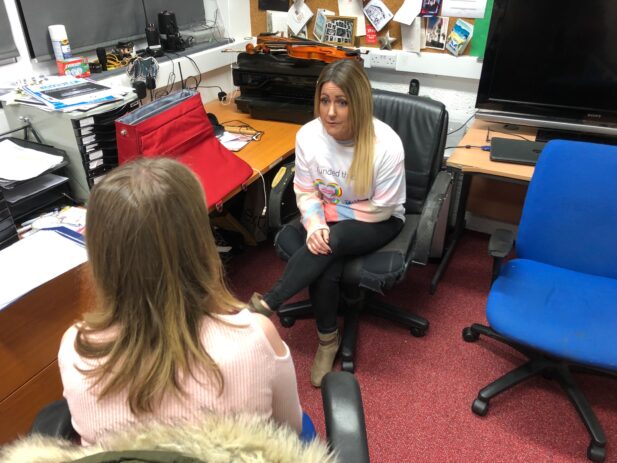Cornwall’s social economy: the secret powerhouse for post-Covid recovery

Recovery from the pandemic will be front of mind for the G7 leaders as they fly into Cornwall Airport Newquay and travel to the Carbis Bay resort. The recovery is a big ask and governments, including the UK’s, will need all the help they can get to drive the recovery. Cornwall Community Foundation, part of a network of 46 community foundations across the country, is highlighting the crucial role that the social economy plays in building back better.
Tamas Haydu, our Chief Executive, says, “It’s easy to forget that, in addition to supporting people in need, the social economy is a significant economic actor in its own right. Across the UK around 900,000 people are employed in the voluntary, community and social enterprise sector. In Cornwall more than 20,000 people work in the social economy producing an annual turnover estimated at £580 million. The value of the sector to the economic wellbeing of Cornwall and the Isles of Scilly is highly significant.”
During lockdown, many voluntary, community and social enterprises (VSCEs), alongside their commercial business counterparts, experienced cliff edge losses of income. Normal fund-raising and trading routes were closed, staff were furloughed and banks of volunteers disappeared as older people shielded. Yet through it all, amongst the 166 Cornish community groups the Foundation supported with granted funding, there was an unflinching commitment to adapt, innovate and keep serving people in need at a time of crisis.
Innovative groups like Concern Wadebridge who immediately pivoted their services for older people from face to face to doorstep delivery. Treverbyn Hall set up community larders and home deliveries in Stenalees and the surrounding area, as well as a telephone befriending service. Livewire Youth project in Saltash introduced online and telephone one-to-one counselling services. Wild Young Parents project who support young families throughout Cornwall, converted their weekly group parenting support sessions to online video meetings.
Many of these new ways of working will continue beyond the current crisis. Jo Davies of Wild Young Parents project said, “Nearly all our work was face to face. We operated from Bude and Launceston right down to Penzance. We are now offering 18 online groups every week, video chat groups, and we found that the families really want to take part. What we have found is that for those who were on waiting lists to join our projects, they’re now really engaging online and we’re going to keep doing that.”
There are more than 2,000 voluntary, community and social enterprises across Cornwall and the Isles of Scilly, so the potential long term cumulative impact of the social economy is huge. Tamas continued, “We urge the government to partner with voluntary, community and social enterprise sectors in delivering the recovery. Not only does the sector provide social benefits for the communities they serve, which everyone knows about, but the sector can also be a vibrant, innovative and significant driver of economic recovery, something that is often hidden from view. “
To learn more about the potential of the voluntary, community and social enterprise sector, you are invited to join an online summit, Co-creating Cornwall’s Future, organised by Cornwall Voluntary Sector Forum on Friday 11 June 9.30am to 2.30pm. For details and to book, click here.









